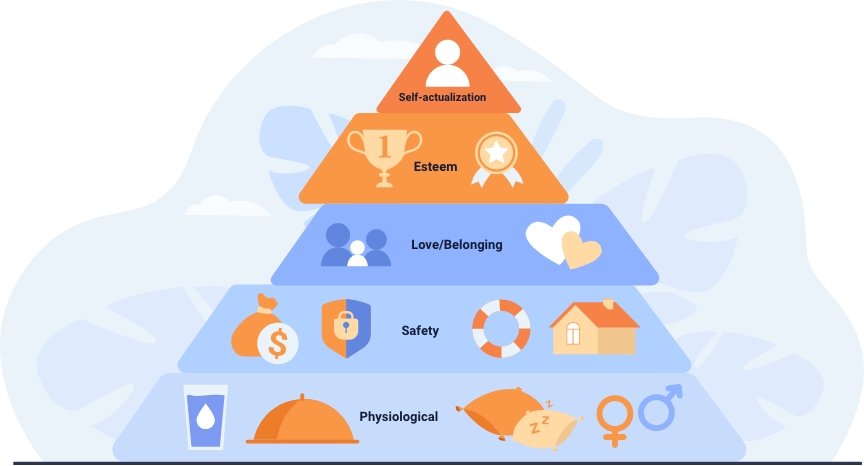This section provides practical advice and guidance on how you can support your team's mental health. You can find links to useful resources throughout. For advice and guidance directly for staff, you can refer them to the 'Supporting Myself' section.
Actions you can take to support the wellbeing of your staff at work
- Stay alert to your team's emotional and mental wellbeing.
- Recognise that your influence and level of support can have a significant impact on your team's experiences and wellbeing at work.
- Be aware that not all staff feel able to discuss or ask/seek help with their mental health when they need it.
- Encourage staff to have conversations about wellbeing and to access support when needed.
- Create spaces for conversations, whether it is a quick cup of tea and a catch up, or an organised time to discuss a colleague's mental health - it is important that your team are aware of opportunities to seek informal support.
- Signpost to internal support networks such as Occupational Health services and Wellbeing Support within the Trust.
- Make wellbeing resources readily available to staff.
- Have wellbeing posters in the staff room with information outlining how staff can seek support.
Working in a caring profession can bring many challenges, some of which will have a direct impact on the physical and mental wellbeing of staff. Whilst our key aim as health and social care staff is to care for others, it is important to recognise that our employing organisations have a duty of care to support the wellbeing of our workforce. The state of our physical and mental wellbeing will inevitably affect the care we give, which impacts patient outcomes and staff retention. Therefore, it is important that managers and leaders are prioritising the wellbeing of their staff, in order to meet the broader workforce challenges facing the NHS and social care.
Maslow's Hierarchy of Needs describes that our most basic physical needs must be met before we can focus on other factors, such as psychological safety. Our most basic needs relate to having adequate food, hydration, shelter and warmth. Without having these needs met, staff are unlikely to be able to function well at work. They are also likely to be apathetic towards their role and have low job satisfaction.

As a leader, it might be useful to ask yourself these questions:
- Do my staff have adequate desk space to complete tasks and remain comfortable at work?
- Do my staff have adequate space to rest during their breaks?
- Are there enough facilities for staff to eat and hydrate?
- Does the physical environment make it harder for staff to do their job? For example, is there clutter on the ward or in the office?
Once staff's physical needs are met, it is important to consider whether they feel safe and secure at work. It might be useful to ask yourself:
- Do staff feel safe to ask questions?
- Do staff feel able to make mistakes without fearing negative repercussions?
- Do staff feel financially secure?
Another element of Maslow's Hierarchy is whether staff have a sense of team belongingness. To evaluate whether staff's social needs are being met at work, ask yourself:
- How collaborative is my team currently?
- Are there regular opportunities for joint working?
- Do my team take up these opportunities when they are offered?
- Do my team have opportunities for an informal catch-up with their colleagues during the working day?
- Is there any opportunity for group reflection within my team?
- Evaluate the structure of regular team meetings, could this include space for reflection?
- Do the team have regular away days?
The final element of Maslow's Hierarchy is feeling a sense of accomplishment, respect and self-worth in the workplace. To ensure that staff meet this need, ask yourself:
- How often do I actively encourage staff to contribute their ideas and opinions about work processes and service development?
- Is this something I consider during appraisals?
- For example, providing positive feedback to increase sense of staff accomplishment.
- If self-worth and accomplishment is an issue for staff, how can I address this?
- Am I encouraging staff to be creative? Am I offering opportunities for professional development, such as enrolling in relevant training courses?
Our key messages to you
- It is important to remember that whilst enquiring about the emotional and psychological needs of staff is helpful, you should always consider their basic needs first.
- It is likely that staff will describe the negative impact of any lack in physical factors before they acknowledge the psychological factors of their wellbeing.



